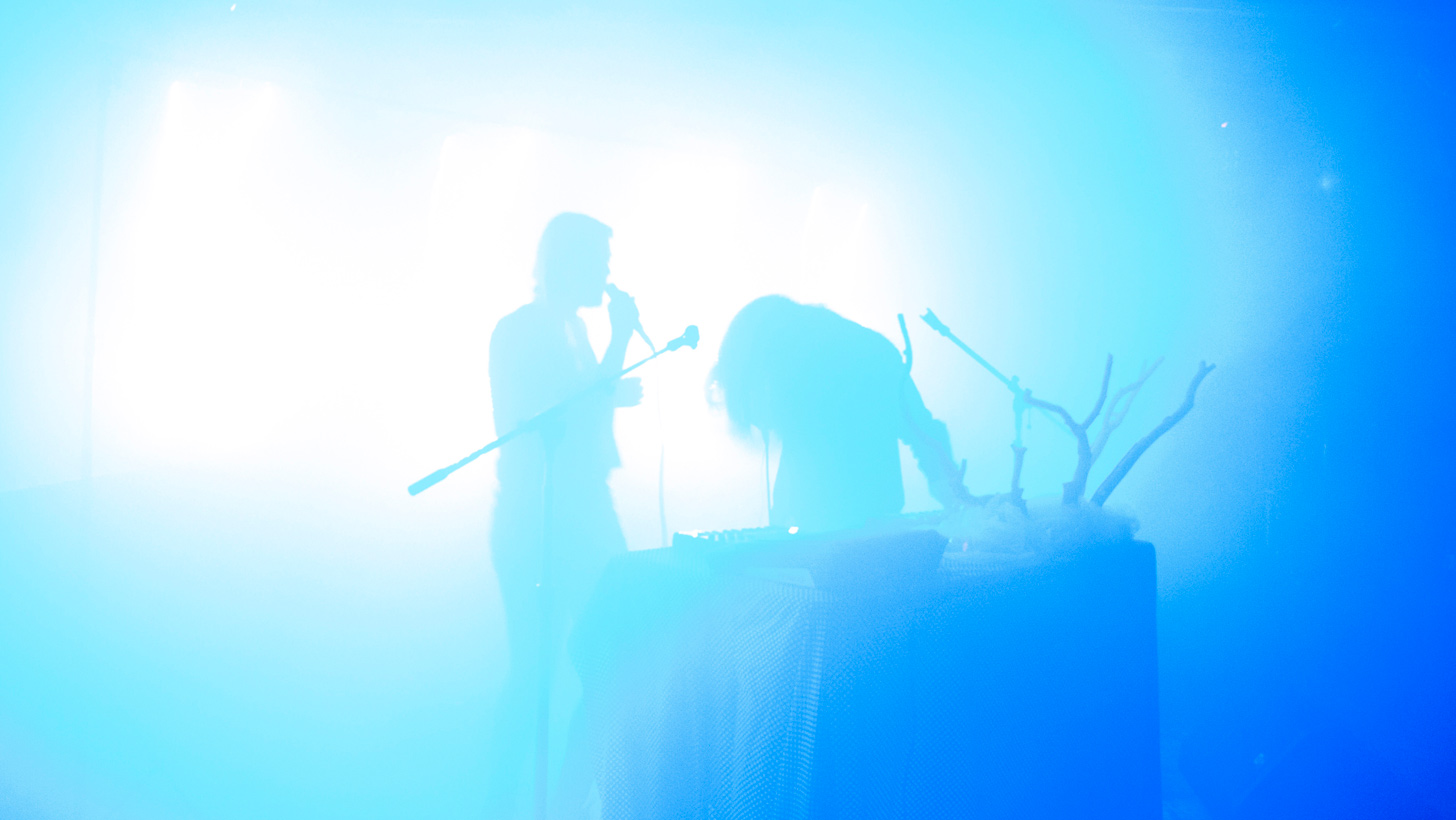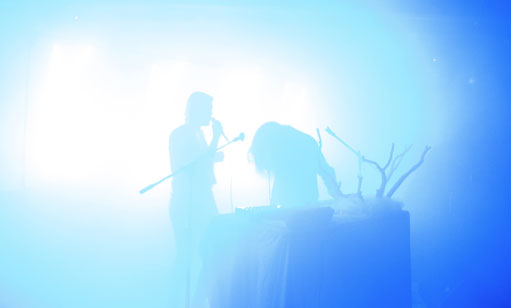Music Interview: Taste The Reighnbeau!
Hample’s Work Manipulates Sound And Emotion


Jen Meller
Latest Article|September 3, 2020|Free
::Making Grown Men Cry Since 1992


Jen Meller